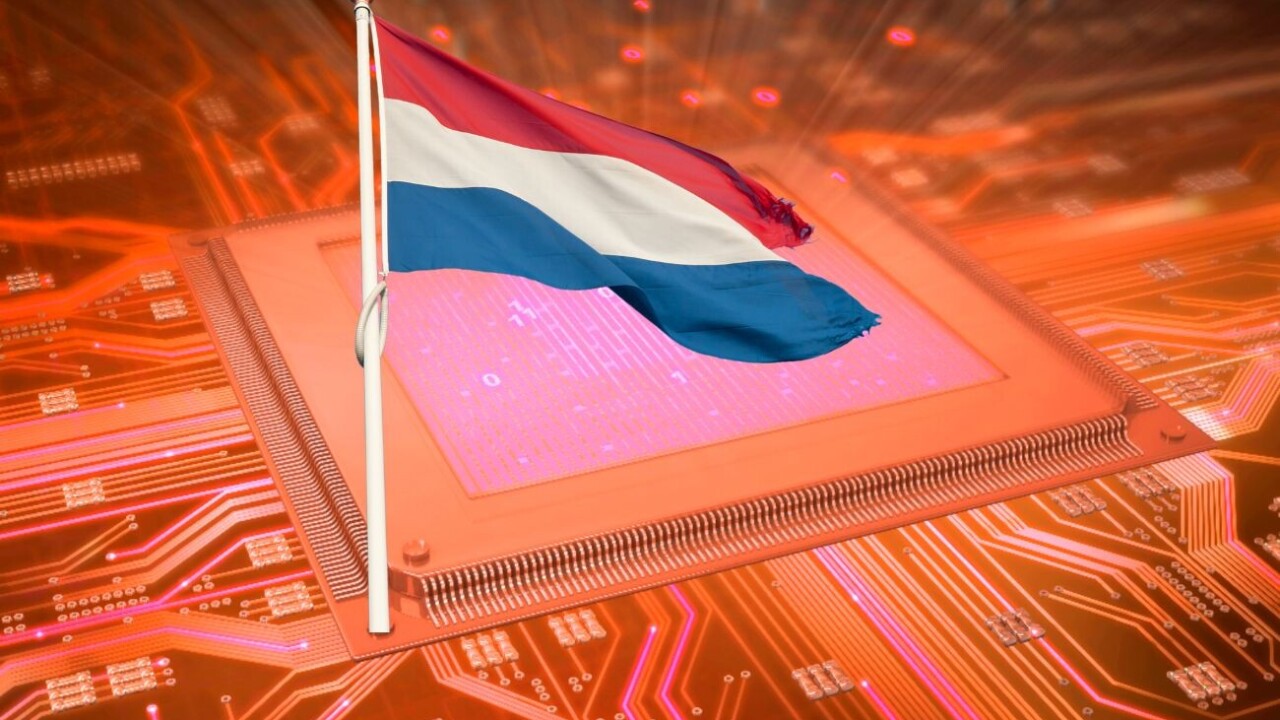
Story by
Siôn Geschwindt
Organs-on-chips, recyclable wind turbine blades, and robotic farmers — these are just some of the technologies earmarked for funding under a new growth programme approved by the Dutch government last week.
NXTGEN HIGHTECH will invest €1 billion over the next seven years in an effort to make the Netherlands Europe’s leading high-tech cluster.
The programme is the initiative of prominent Dutch innovation accelerators including Holland High Tech, TNO, and FME, along with a number of universities and regional development agencies.
Most of the 260 participating companies are SMEs (190) and startups (70) that will use the funding to further develop and scale their solutions.
“The urgency of new technology applications is high and we need solutions now,” Marc Hendrikse, board chairman of NXTGEN HIGHTECH, commented. “The strength lies in the breadth of the programme. It not only works on new applications and technologies but also on digitising factories and the supply chain,” he said.
While the Netherlands is an international leader in ultra-precise high-tech equipment, this position is “threatened by political interests and growing competition from other continents,” the organisation said in a press release. Furthermore, R&D investments are significantly lower than in other knowledge-based countries, costing growth, it added.
In an effort to cement the country’s place at the top of European high-tech, the programme will invest across six core areas: agrifood, biomedical production technology, energy, composites, laser-satellite communication, and semiconductors.
Within the agrifood domain, selected companies include those that use smart solutions, sensor technology, and robotics to improve the efficiency of farming, a sector that struggles with labour shortages and soaring costs. One of these startups is BioScope, which helps farmers find abnormalities in their crops using data gathered from drones and satellites.
Among other startups already selected by the programme is Hydraloop, which has developed a smart water-saving device for homes. The list also includes Lionvolt, a Eindhoven University of Technology spin-off developing 3D solid-state batteries that charge extremely quickly, and Single Quantum, which is developing superconducting single-photon detectors — crucial components in optical imaging and telecommunication systems.
By 2030, NXTGEN HIGHTECH aims to have developed a fully certified system for operating factories autonomously, in order to boost the productivity of the Dutch manufacturing industry.
What’s more, the programme hopes to boost the country’s share of semiconductor production using the expertise of its members, which include the likes of chip giant and Europe’s most valuable tech firm ASML.
Bringing all of this together, say the partners, is education. In collaboration with universities and colleges, the programme looks to embed the Dutch ‘systems engineering’ approach in the education system by 2030.
Systems engineering analyses complex systems, like cars or batteries, to find more efficient ways of operating them. The discipline better equips students with the knowledge they need to excel in high-tech industries and adapt to the rapidly changing job market.
“Only by continuing to invest in technical knowledge and skills will the Netherlands become future-proof,” the organisation concluded.
Get the TNW newsletter
Get the most important tech news in your inbox each week.
Also tagged with